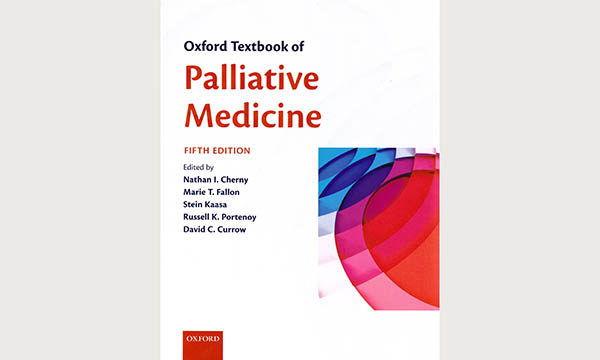Kate Law
What I have learnt about supporting bereaved families
Models of care must be flexible to reach those in most need of support
Book review: Oxford Textbook of Palliative Medicine
Community liaison nurse team leader Kate Law reviews the Oxford Textbook of Palliative Medicine
Needs of bereaved parents following the death of a child or young person from cancer
Parental grief is unlike any other grief and is physically and emotionally overwhelming. About 20-30 young people die each year at a treatment centre following a diagnosis of cancer. Treatment centres strive to provide individualised care to patients and families from the point of diagnosis and into bereavement. Support is often directed by the needs of families, therefore there is no standard. This article describes findings of a literature review of the needs of bereaved parents following the death of a young person between 16 and 25 years. Five themes were identified to summarise the nature of parental grief, preparedness and palliative care experience, relationships and ‘telling the story’, continuing bonds, parents’ needs and adjusting to a new normal. Implications for practice are highlighted by the widespread acknowledgement of the need for individualised and appropriate support during grief, but the literature demonstrates a lack of information regarding this approach to support.
Role of specialist liaison nurses in caring for young adults
As the needs of teenagers and young adults (TYAs) with cancer are complex and different to those of children and adults it is crucial to have age-appropriate specialist care. Although there have been tremendous developments in this area by organisations such as the Teenage Cancer Trust, CLIC Sargent and Macmillan, further improvements are needed in care transitions and pathways. The success of local and national service innovations stems from the involvement of TYAs working in partnership with health professionals to ensure that care is age appropriate and their needs are met. Specialist liaison nurses are valuable in providing continuity of care across health settings at all stages of cancer, including end of life. This article provides insight into clinical services for TYAs with cancer, focusing on the role of specialist liaison nurses, and discusses the implications for patients, their families and health professionals.




